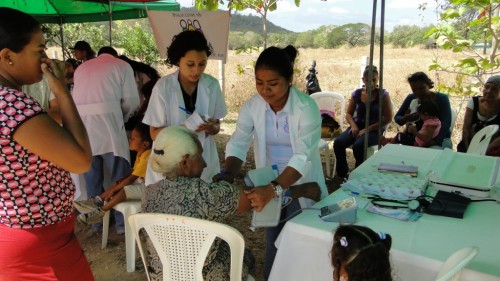Randolph Arledge walked out of a Navarro County, Texas courtroom on February 11 after his 1984 murder conviction was overturned because of DNA evidence pointing to another man with an extensive criminal record, including a later similar assault of a woman.
Arledge was convicted of the murder in large part due to the testimony of two incentivized informants who were a couple at the time. The Innocence Project was able to track down one of the informants who recanted his testimony and admitted that he persuaded his girlfriend to corroborate his testimony. Despite a lack of physical evidence connecting Arledge to the murder and alibi testimony from several witnesses, he was convicted and sentenced to 99 years in prison. Arledge is enjoying his hard-fought freedom and is happy to be reunited with his son and daughter.
As a rule I don’t give money to organized charities. I prefer to put my money into our family’s foundation which has projects that I can monitor. But this is an exception. This story is terribly common. You would think that the justice system is 95% effective but I think the percentage is much less than that. And when you are talking about murder convictions anything less than 100% is disturbing.


